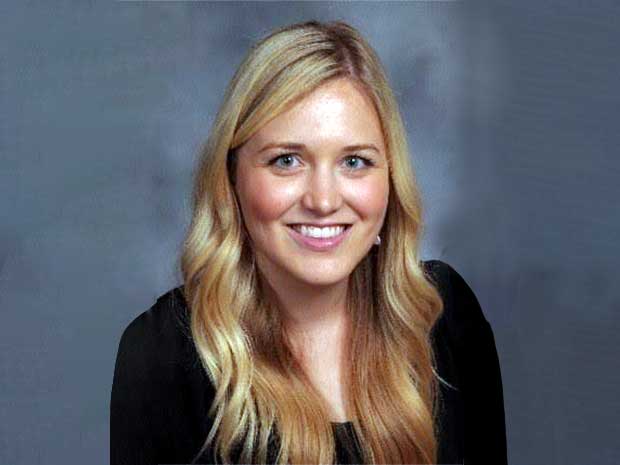Background
Taxpayers, whether individuals, corporations or partnerships, that make charitable contributions of property in excess of $500 generally must attach a completed Form 8283 to their tax returns. Specific reporting requirements vary depending on the type of donor, type of non-cash gift, and the amount claimed as a deduction. The IRS generally does not provide annual updates to the Form 8283. However, due to recent legislative changes and an increased IRS focus on charitable contributions, the IRS has released updates in each year since 2019. Prior to that, the Form was last updated in 2014.
What’s new to Form 8283
Identifying pass-through entity donors
Recent legislative changes disallow certain charitable contributions of conservation easements claimed by members of pass-through entities, unless made by a family pass-through entity. Regardless of the type of donation, taxpayers filing Form 8283 to claim their share of a pass-through entity’s noncash charitable contribution will now be required to disclose the name and identifying number of the entity that originally reported the contribution.
In addition, taxpayers are required to check a box indicating if the contribution was made by a family pass-through entity. Family pass-through entities are substantially owned, directly or indirectly, by members of the same family, including an individual and their spouse, children, siblings, parents and stepparents, nieces and nephews, aunts and uncles, and the spouses of children, parents, and siblings.
Moreover, for most conservation contributions made by pass-through entities, both the pass-through entity and the member in such pass-through entity must report the member’s adjusted basis in the property contributed on new Section B, Part I, Line 3, Column (h).
Updated checkbox options for donated property type
For most donations of property over $5,000, taxpayers must complete Form 8283, Section B, which includes selecting a description of the type of property donated. The checkboxes have been rearranged and updated to include two new options: easements on certified historic structures and digital assets.
RSM takeaways
Compliance with Form 8283 requirements is a critical component to properly substantiating a charitable contribution deduction. The IRS has increasingly challenged charitable contribution deductions due to incomplete or inaccurate Forms 8283. RSM US LLP can assist in preparing and reviewing Forms 8283 to ensure that they satisfy the requirements to adequately substantiate a charitable contribution deduction.



